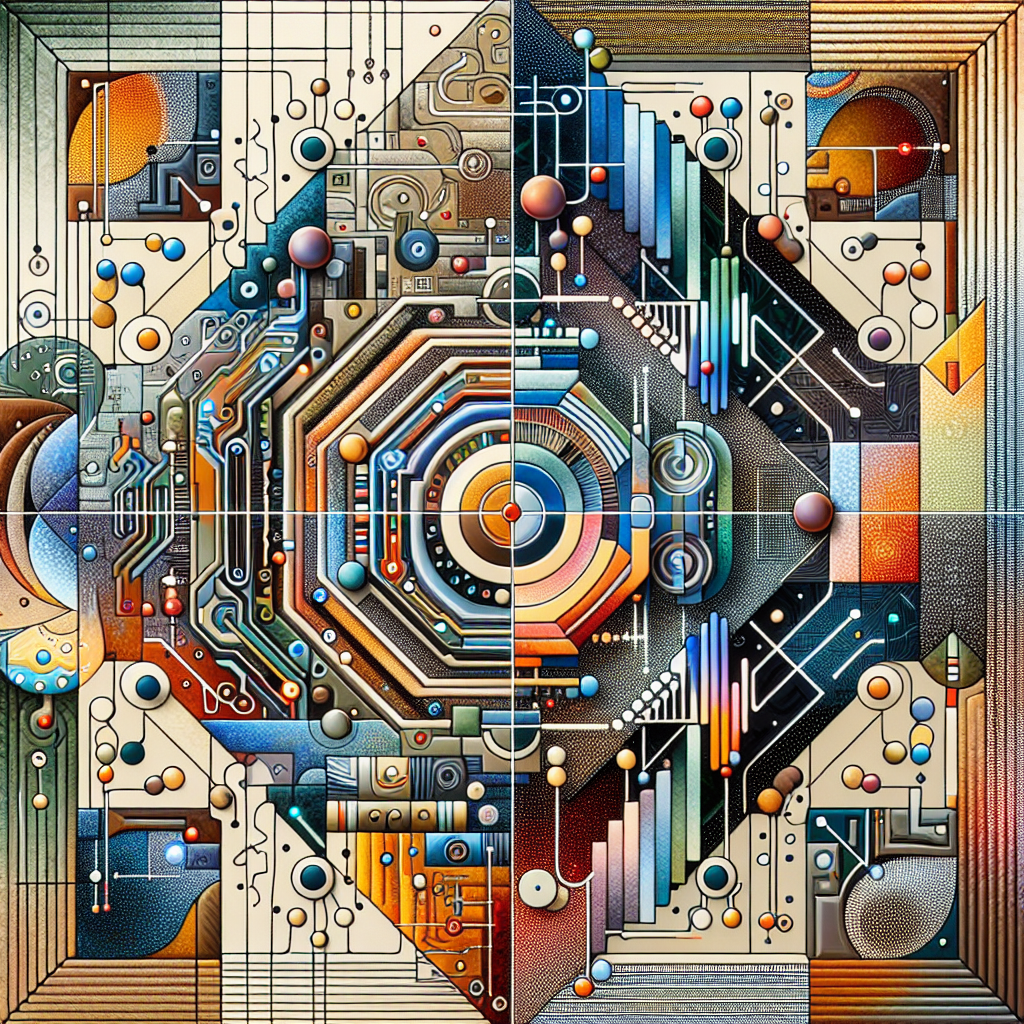Artificial Intelligence (AI) has become an increasingly prominent tool in the creative world, allowing artists, designers, and musicians to push the boundaries of their craft in new and innovative ways. From generating unique visual art to composing original music, AI has the potential to revolutionize the creative process. However, as AI continues to advance, questions surrounding the aesthetics and ethics of its use in the creative sphere have also come to the forefront.
One of the most intriguing aspects of AI in the creative realm is its ability to generate art that is both unique and unpredictable. By feeding an AI system with vast amounts of data, artists can create algorithms that produce art that is entirely new and unexpected. This has led to the development of AI-generated paintings, sculptures, and even poetry that challenge traditional notions of creativity and authorship.
For example, the artist Mario Klingemann has used AI to create captivating and surreal artworks that blur the line between human and machine creativity. By training an algorithm on a dataset of classical paintings, Klingemann’s AI system is able to generate its own unique compositions that are both visually striking and conceptually intriguing. The result is a body of work that pushes the boundaries of traditional artistic practices and challenges our understanding of what it means to be a creator.
In the realm of music, AI has also made significant strides in recent years. From composing original scores to generating new sounds and textures, AI has the potential to revolutionize the way we think about music production. Companies like OpenAI have developed AI systems that can compose complex musical pieces in a variety of genres, showcasing the vast creative potential of AI in the music industry.
However, as AI continues to infiltrate the creative sphere, questions surrounding the ethics of its use have also come to the forefront. One of the primary concerns is the issue of intellectual property and authorship. As AI systems become more capable of generating art and music independently, questions arise about who owns the rights to these creations. Should the artist who trained the AI system be considered the creator, or does the AI itself deserve recognition as an artist?
Another ethical concern is the potential for AI to perpetuate biases and stereotypes in its creations. If AI systems are trained on datasets that contain inherent biases, there is a risk that these biases will be reflected in the art and music they generate. This raises important questions about the responsibility of artists and designers to ensure that their AI systems are trained on diverse and inclusive datasets.
Despite these ethical concerns, the art of AI continues to evolve and expand, offering new possibilities for creativity and innovation. As artists and designers continue to explore the potential of AI in the creative sphere, it is essential that they remain mindful of the ethical implications of their work. By approaching AI with a critical and thoughtful perspective, artists can harness the power of this technology to create truly groundbreaking and transformative works of art.

Leave a Reply
You must be logged in to post a comment.